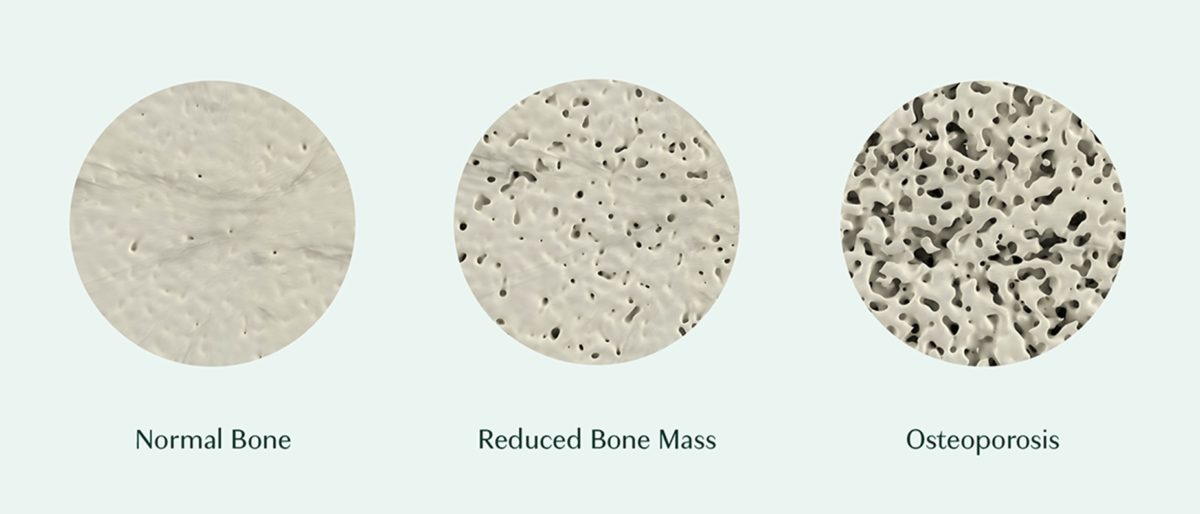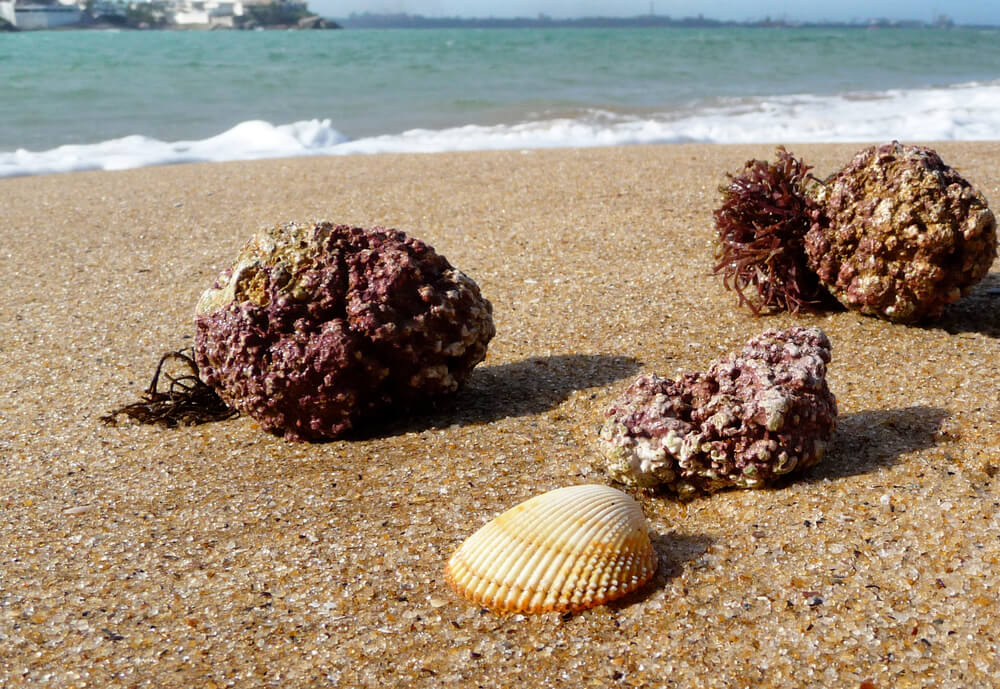Calcium is the most popular supplement in the United States. But do these chalky pills really protect your bones? The latest research is driving millions of Americans to look for a better alternative.
Taking a calcium supplement? Odds are it won’t protect your bones. That’s according to scientists writing in the British Medical Journal. After analyzing 120 separate studies, researchers concluded that calcium supplements don’t prevent fractures.
That wasn’t news to Dr. David Slovik, associate professor of medicine at Harvard Medical School. “You really can’t think, ‘I’ll just take enough calcium,’ and you’ll be fine,” said Dr. Slovik.
You see, bone loss isn’t a loss of calcium – it’s a loss of all the minerals that make your bones strong. In fact, clinical studies show that it takes a total of 13 minerals and 3 vitamins to make your bones stronger.
So if your calcium supplement contains only calcium, you’re getting just one of the 16 nutrients needed for bone health. You’re 15 nutrients short! And without those missing ingredients, you can’t increase the density of your bones. It’s like trying to bake a cake with nothing but flour!
This is the realization that 54-year-old Roxane Cummings came to in 2018. She’d done everything right, or so she thought. “I have always tried to eat right, I exercise daily, and thought I was in pretty good health,” Roxane said, “Bone loss was something that wasn’t even on my radar.” That’s why the results of her bone scan made the color drain from her face. She was losing bone.
So, like many Americans, she placed her trust in a traditional calcium supplement. Every morning and evening she faithfully swallowed the pills that she hoped would save her bones. But it didn’t work. She had a follow-up bone scan two years later. There was no denying the numbers. Her bones were still getting weaker. “The calcium supplements I was taking had not stopped the bone loss,” Roxane said. That meant her 60s, 70s, and beyond would be plagued by a constant fear of fractures.
As an energetic 54-year-old, she didn’t like the sound of that! So she sat down with her tablet and started scrolling through the internet. And that’s when she had her epiphany. The technicians at her bone scan weren’t testing her bone calcium density – they were testing her bone mineral density. So she didn’t only need more calcium. She needed other minerals essential for bone health.

The science behind this is clear. When we’re young, our bones are packed with minerals. That’s what makes them strong. But sometime after our 40th birthday, we start to lose these minerals. And every year we lose more and more. Which makes our bones weaker and weaker.
That’s why half of all American women over 50 can expect to break a bone due to low bone density, according to the National Osteoporosis Foundation. All because we’re losing the minerals that keep our bones healthy and strong. But there’s still good news.
After conducting a year-long health study, scientists discovered something amazing. There’s a unique marine algae lithothamnion superpositum (AlgaeCal) that can help replenish lost bone minerals. Hand-harvested from a beach in South America, AlgaeCal naturally contains all the minerals bones need to stay healthy and strong.

AlgaeCal caught Roxane’s attention because the product comes from marine algae. The algae is so pure in its raw state that The US Department of Agriculture has certified it as organic.
Scientists from the International Journal of Medical Sciences found that AlgaeCal is responsible for “increases in bone mineral density.” This makes AlgaeCal the only calcium supplement shown in human studies to increase bone mineral density outright in adults. That’s why the Canadian Government Department of Health — Health Canada — has allowed AlgaeCal to use the claim:
“AlgaeCal can help to increase/improve bone mineral density in women.”
Think about that for a moment. As people age, they expect their health to decline. And that’s why they accept deteriorating bone health as “part of getting old.” But no one expects their health to improve as they get older! Or that their bones can become stronger than they were 1, 2, or even 20 years ago.
But that’s what happened to Roxane. The numbers on her most recent bone scan showed that her bone mineral density was increasing! That meant she wasn’t only getting stronger – she was feeling stronger too. And Roxane isn’t alone.
The Journal of the American College of Nutrition followed 172 AlgaeCal users over 7 years. Each person was given a bone scan at the beginning and end of the study. These scans revealed that over the 7-year period, AlgaeCal users increased their bone density by 7.3%. That’s a gain of 1.04%, year on year, for 7 straight years.
Now that may not sound like much. But consider we lose on average 1% of our bone density every year after age 40. So with AlgaeCal, instead of losing 7% in 7 years, you could gain as much as 7%.
That sounds good, doesn’t it?
Finally, A Natural Way To Increase Bone Density





Article Comments